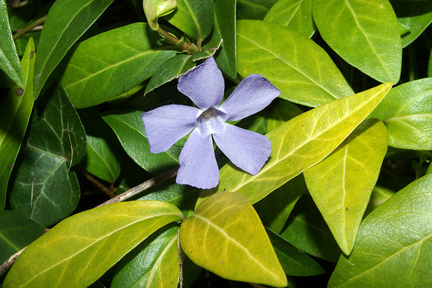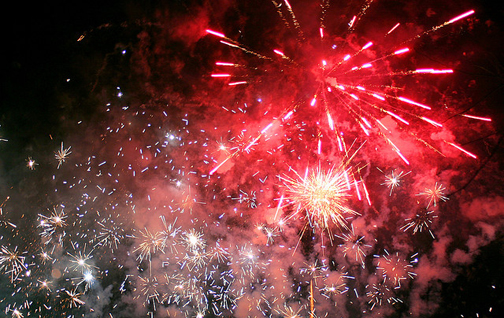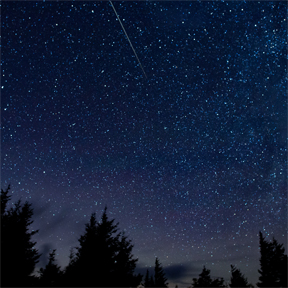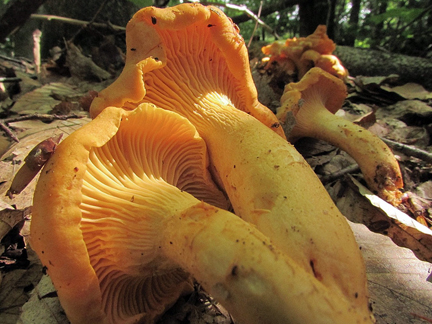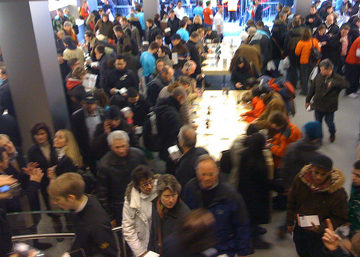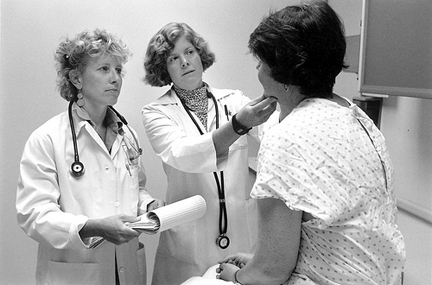Seventy years ago, Sunday school teacher Elyse Mitchell and five of her adolescent charges died when they disturbed a Japanese bomb they found in a mountain forest near Bly, Oregon. More »
She had moved to the area only the year before, lured by the climate, the year-round greenery, and Victoria’s reputation as a city of flowers. Her new home included a garden, with one rocky section that saw little sun. Moss would thrive there, but she wanted something more dramatic. More »
Many of us are reflecting on the year just passed and making plans for the months ahead. The pundits among us have pronounced on the successes and failures behind us and prognosticated on future possibilities. Some of us brought in January 1 with bold resolutions for change—we’ll lose weight, eat more leafy greens, stress less, pay off debt, focus on family….
We spend so much time at this time of year considering past times and future times—and so little time focusing on what we’re doing right now, at this very moment. More »
Watching the night sky from the western edge of the continent at this latitude at this time of year presents a gamble. Announcements that a full moon would light the way for midnight mass-goers this year overlooked our forecast rain showers and our understandable preference for warm, lit, cosy quarters over damp, dark, blustery venues.
Even on December 21, clouds ruled the night. They blocked views of the annual Ursid meteor shower. If the weather had cooperated, the solar-reflector qualities of the nearly full moon so enjoyed elsewhere would have washed out sightings of falling stars we might otherwise have caught.
Before the Ursids zipped by behind thick cloud cover, we could have tried our night-sky luck with the much more spectacular Geminids. This shower peaked on December 13 and 14. Typically, as many as 120 meteors can be observed each hour at its height. More »
November 29—Celebrating a three-tined tribute to the stuff that makes gardens grow seems odd at this time of year. But Global Soil Week, punctuates the end of the U.N.’s International Year of Soils and ends in a trifecta with Saturday’s World Soil Day, relates as much to winter here as it does to places with growing seasons that span the turn of the year.
During Victoria’s damp season, grass gone brown during summer sprouts green, winter heathers bloom, and mushrooms burst forth from the soil.
The chanterelles, pine mushrooms, morels, and other late-year treats are signposts of the complexity and mystery of our coastal soils.
This much we know about soil—we depend on it. To paraphrase the U.N. Food and Agricultural Organization’s website, soil makes possible food, feed, fuel and fibre production. It helps us manage water and prevent drought, and provides supports ecosystem and human wellbeing. Soil does so much for us.
This much we also prefer to overlook. More »
A relative remarked to me recently about a particular couple of our mutual acquaintance.
“They both have good jobs. They have a beautiful house. They have no kids. They travel. They drive expensive cars. They heat their garage throughout the winter. Oh, and you should see all the gadgets and electronics they have—all top of the line. Those two are rolling in money.”
Of course, as we know, a person may have all the trappings of a good income, and still have little unspoken-for cash. They may, instead, be house poor, gadget rich, and rolling in debt. More »
During this season of celebrations, seasonal concerts and parties, the subject of holiday traditions inevitably comes up. At a recent party, a friend admitted she had a number of tangible Christmas memories hanging around her place.
“I think of them more like skeletons,” she said. “In the closet.”
Her closet Christmas skeletons comprise a collection of Christmas sweaters. Her husband’s mother gave him a new one every year for years—the tackier, the better, of course—alongside a nice bottle of something and a nice box of something else. More »
I recently asked Nature Boy when he had last seen a doctor.
He answered, “Not since the final season of House M.D.”
Other British Columbians share a similar rate of exposure to medical practice. Most of us are more familiar with characters who take medical license on TV than with doctors licensed by the College of Physicians and Surgeons of B.C.
Television physicians, after all, make weekly house calls to our living rooms. That practice has largely disappeared in the real world. More »


